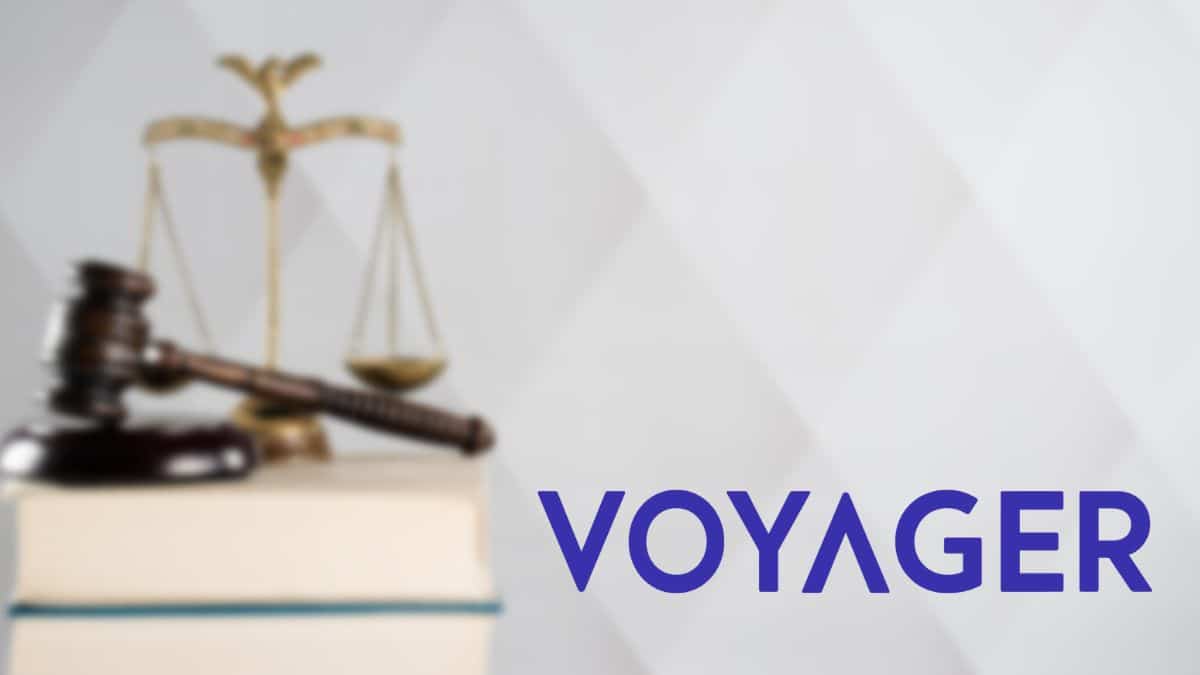
Voyager Digital Receives Court Approval for Binance.US Deal
- Crypto lending platform Voyager Digital has been greenlit to sell its assets to the US arm of the leading crypto exchange, Binance, Binance.US.
- Binance.US will give Voyager around $20 million in cash and take on crypto assets deposited by Voyager customers.
- US bankruptcy judge Michael Wiles has supported the restructuring plan presented by Voyager Digital at a hearing in New York.
- The crypto lender needs up to four weeks to review new questions about Binance.US’s commitment to the acquisition and its compliance policies.
Troubled crypto lending platform, Voyager Digital, has finally found a suitable buyer for its assets after it was left stranded by the now-bankrupt crypto exchange FTX, which filed for bankruptcy in November 2022 under the leadership of Sam Bankman-Fried. According to a report, the US arm of the world’s largest crypto exchange, Binance, Binance.US, has been greenlit by the bankruptcy court to acquire the assets belonging to the crypto lender.
As per a report from Bloomberg on March 7, the deal worth $1.3 billion has been approved by US bankruptcy judge Michael Wiles, who has supported the restructuring plan presented by Voyager Digital at a hearing in New York. It is crucial to note that the crypto lender still faces additional hurdles before the deal is completed.
According to the report, Binance.US will give Voyager around $20 million in cash and take on crypto assets deposited by Voyager customers. The assets are estimated to be worth around $1.3 billion and form the bulk of the deal’s valuation. Interestingly, Judge Wiles decided not to go with the arguments of the United States Securities and Exchange Commission (SEC), which he termed “vague.”
As reported earlier by BitcoinWisdom, SEC Senior Trial Attorney William Uptegrove stated that the regulator’s staff believes that Binance.US is operating an “unregistered securities exchange,” while adding that the agency believes that the trading of the VGX token represents the attributes of a securities transaction.
“The commission has not made any determination on either of these issues, and the staff’s beliefs do not represent the position of the commission,” Uptegrove stated at a hearing last week.
Despite these arguments, Wiles remained unpersuaded and stated he still did not have “very much clarity” because the commission did not take an official position. Wiles added that the agency should present concrete evidence to justify their claims. Although the court has approved the deal, Voyager Digital’s financial advisors stated that it needs up to four weeks to review new questions about Binance.US’s commitment to the acquisition and its compliance policies.
On the other hand, the deal also faces scrutiny from the Committee on Foreign Investment in the United States (CFIUS), which is investigating the risks associated with the involvement of Binance.US in the operations of Voyager, which is based in the US. Interestingly, Palo Alto-based Binance.US claims that it is fully independent from its parent exchange, which operates under the leadership of Changpeng Zhao.
A report from the Wall Street Journal (WSJ) recently claimed that the parent exchange decided that it would have only a “purely contractual” relationship with the US arm to prevent a US regulatory crackdown, positioning the US arm as a separate operation. However, both the firms will have the same ultimate benefactor.






